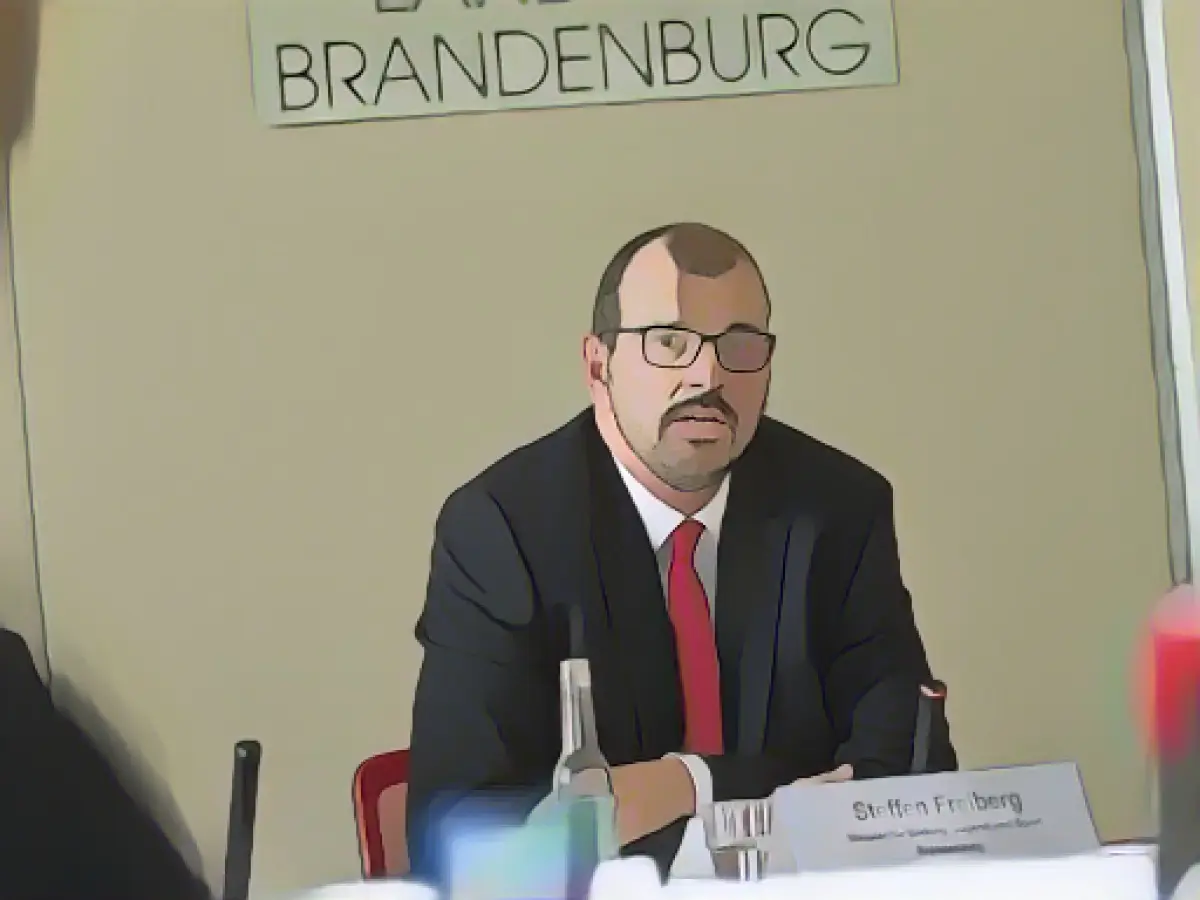Fighting Right-Wing Extremism in Schools: A Persistent Mission
The Education Ministry of Brandenburg is set to continue its "Strong Teachers, Strong Pupils" project against extremism on a permanent basis. Beginning next year, a coordination office will be established at the State Institute for Schools and Media to educate teachers on tackling right-wing extremist, anti-Semitic, and racist beliefs. This move follows six high schools in Brandenburg participating in the project since 2020, with funding from the ministry, the Federal Agency for Civic Education, and the Robert Bosch Foundation, totaling around €380,000.
Moving forward, the program aims to expand to all types of schools, as Education Minister Steffen Freiberg (SPD) highlighted the importance of enhancing teachers' pedagogical skills in addressing group-focused misanthropy related to extremism. Upholding political and democracy education in schools is crucial for addressing issues such as anti-Semitism, racism, and political and religious extremism.
Germany's broader mission against right-wing extremism in schools involves various measures, including:
- Teacher Training: By equipping educators with the tools to identify and tackle early signs of extremism, teaching sessions help strengthen their skills in addressing harmful ideologies.
- Curriculum Integration: By including anti-extremism content in the curriculum, teaching modules promote critical thinking, media literacy, and democratic values, fostering an environment that counters extremist ideologies.
- Student Engagement: Workshops, discussions, and extracurricular activities engage students directly, encouraging a sense of community and fostering mutual respect and understanding.
- Parental Involvement: Collaborating with parents helps in recognizing potential extremist influences at home and equipping them with the necessary tools to address these issues.
- Expert Collaboration: Partnerships with extremism research and prevention experts provide valuable insights and strategies for tackling extremism in educational settings.
- Monitoring and Evaluation: Continuous monitoring and evaluation ensure that strategies are effective and can be adjusted as needed.
- Legal Framework: Strengthening the legal framework against extremism provides a solid basis for addressing these activities in educational institutions.
- Community Outreach: By engaging with the broader community, partnerships with local organizations, community centers, and religious institutions create a cohesive anti-extremism network.
The "Strong Teachers, Strong Pupils" project forms a cornerstone of this extensive strategy, emphasizing the role of education in shaping future generations' attitudes and behaviors while preserving inclusive and democratic values.







